Did you know that for every cell that belongs to “you” in your body there are at least 2-3 microbes in your intestines, mouth, stomach and skin? In other words, there are more of them than than there is of you! It’s somewhat humbling to think of ourselves as little more than a complex host, but your relationship with your traveling companions plays an enormous role in your health. In fact, some scientists believe that your unique biome (the ecosystem comprised of the bacterial strains you carry) is more predictive of your health and diseases than your genes!
Just last week I taught a class on Healing Digestion Naturally (the recording is now available) where I talked about the life-giving role that intestinal bacteria play in our day-to-day. For example, when working optimally, the healthy bacteria in your gut are responsible for:
- The final stage of digestion of food, where they will deconstruct the final food molecules into distinct and separate nutrients that are safe to be absorbed into your bloodstream. In some cases, when your gut ecosystem is out of balance, some food molecules can pass through intestinal walls into the bloodstream without being fully digested. Your body then attacks those food molecules as if they were pathogens and you have food sensitivities and food allergies.
- Manufacturing vitamins (B vitamins and vitamin K), neurotransmitters (including serotonin) and other essential nutrients. In fact, the primary food source of vitamin K outside of your intestines would come through fermented foods, which are themselves alive with bacteria.
- Constituting the first line of defense of your immune system. When a pathogen enters your body, the healthy bacteria in your intestines would first decode it to inform the rest of your immune system what needs to be done.
The extensive research currently taking place to help us understand how our biome influences our health has led researches to point out the direct connection between unhealthy intestinal flora and:
- Gas, bloating, constipation and a myriad digestive issues, including IBS and GERD
- Food allergies and environmental allergies
- Candida (yeast) issues like skin fungus, yeast infections, strep throat, jock itch, etc.
- Metabolic disorders such as obesity and diabetes. In fact when obese, diabetic mice were transplanted the intestinal flora of healthy mice, they lost weight.
- Autoimmune conditions. For example, researchers have compared the intestinal flora of C-section-born babies vs. natural-birth babies and finding that C-section babies -who are not exposed to the vaginal and intestinal bacteria of their mothers at birth- do not carry those strains in their intestinal tracts an have a greater incidence for autoimmune conditions.
- Toxicity and cancer. Harmful E-Coli bacteria in the gut secretes an enzyme that breaks the bonds in a detoxifying molecule that is seeking to carry a toxin (such as an xenoestrogen out of the body). When the detoxing molecule is broken, the toxin is released in the body for re-absorption. Elevated levels of that enzyme have been found to be associated with a variety of cancers, including breast, prostate and colon. A healthy intestinal tract will keep E-Coli under control.
The collective hysteria about bacteria promoted over the past few decades has done us great harm. The obsession with anti-bacterial household cleaners, soaps, wipes and sterilization of everything that children touch has put them at a great immune disadvantage.
Restoring the ecology inside our bodies is a primordial step to shoring up our health. Every single one of us needs to pay attention to this. It may be affecting you in allergies, pains, digestion that is slightly off, inflammation, skin issues, diabetes, cholesterol, cancer…. etc, etc.
How to restore ecology?
Two words: probiotics and prebiotics.
Probiotics...
..are the strains of bacteria that you want in your gut. You can get them through a supplement or you can get them through fermented foods such as sauerkraut, yogurt, kefir, kimchi, natto, etc. Importantly though, fermented foods that are then pasteurized are much weaker in bacteria. The best fermented foods are the ones you make yourself.
Prebiotics...
...are the food that your healthy bacteria most love. They are primarily fiber and polysaccharides. Fiber obviously comes from fibrous vegetables (lettuces, celery, kale, collards, string beans, etc.), grains and the fiber of fruit and their skins. Polysaccharides are complex sugars that may not be sweet at all (such as garlic, onions, mushrooms, aloe vera, etc.) which are completely different than simple sugar that usually feeds the unhealthy bacteria.
This leads to the third essential element of healing your ecosystem: improving your diet. Sugar and starches tend to feed the bad guys, and fried fats, alcohol and excess meat can also do a number on your healthy bacteria strains.
The ideal diet to support optimal intestinal health would focus on lots of vegetables, fermented foods, fruit in season, healthy fats (nuts, seeds, coconut oil, grass fed butter and olive oil) and animal protein (depending on each individual’s needs.) Grains and beans are also dependent on each individual, but given the fact that they are the seeds of plants, they should always be soaked prior to cooking in order to improve their digestibility, and support your healthy critters.
Finally, given the facts of our modern life topped with antibiotic use, widespread use of pesticides and pervasive anti-bacterial hysteria, most people's bacterial colonies are weak. Therefore, we all need to eat fermented foods and lots of fibre (from vegetables) on a regular basis.
In addition to that, many people with immune issues, allergies, digestive issues and other health conditions benefit from takinga probiotic on a semi regular basis.
If this has been helpful to you, please leave a comment! I’d love to hear form you!!
And if you'd like help choosing the right probiotic for you, check out this review that's well put together:
